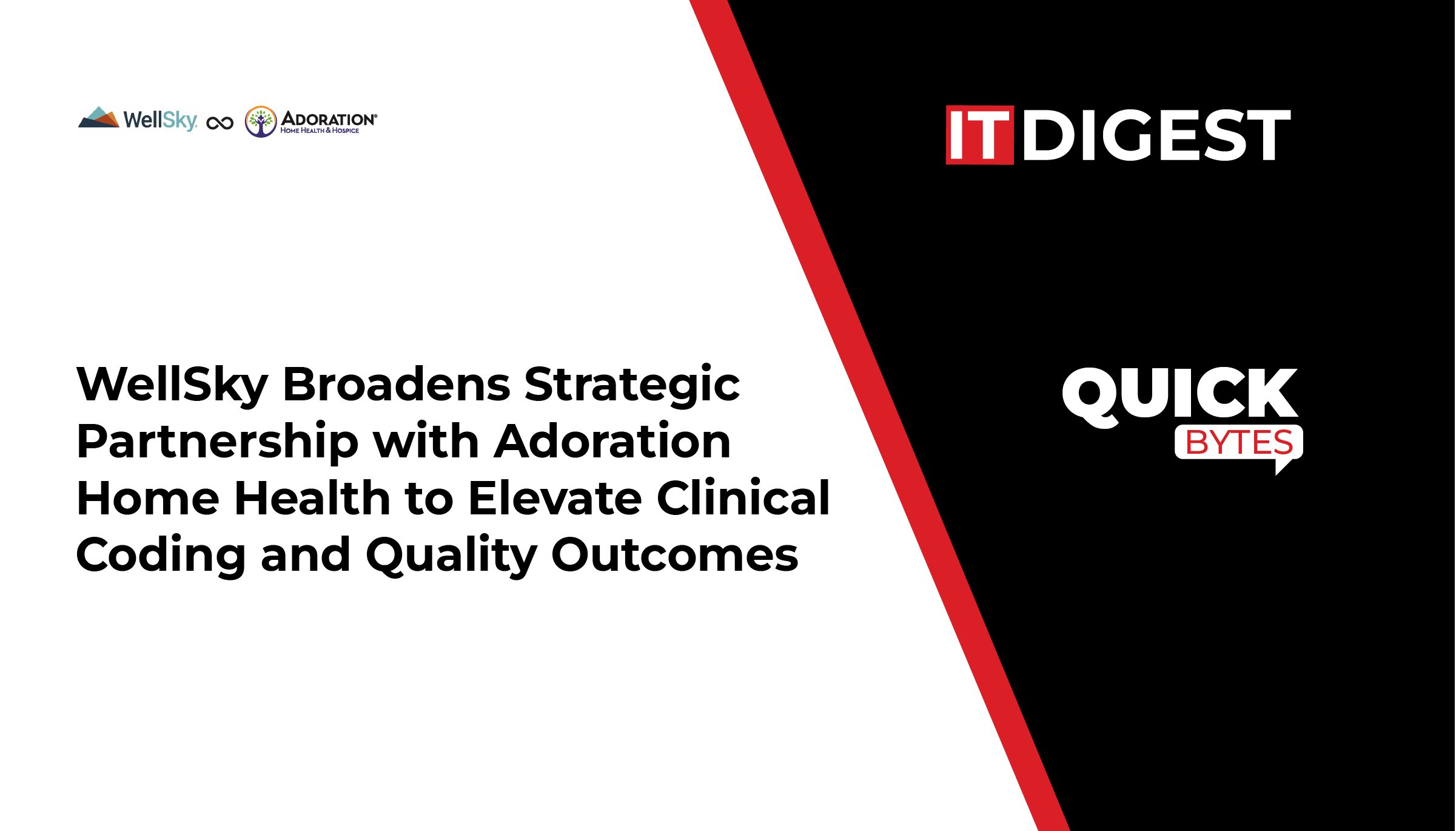Cadence Molecular Sciences (OpenEye)—a business unit of Cadence Design Systems will provide OpenEye’s molecular design software to power the open-science AI-driven Structure-enabled Antiviral Platform (ASAP) Discovery Consortium in support of an innovative effort to rapidly develop antivirals to prevent future pandemics.
John D. Chodera, PhD, a lab head at the Memorial Sloan Kettering Cancer Center (MSKCC), directs the researchers and software scientists building the computational chemistry infrastructure to support ASAP.
“Dr. Chodera and the ASAP scientists working with him will have access to OpenEye tools to help support the ASAP Discovery Consortium and antiviral drug research,” said Anthony Nicholls, PhD, corporate vice president, OpenEye, Cadence Molecular Sciences. “OpenEye’s software will aid in advancing therapeutics for under-researched diseases and to prepare for pandemics.”
OpenEye’s Applications, Toolkits and Orion® platform—which include ROCS®, FastROCS™, BROOD, OMEGA, OEChemTK, Grapheme™, Nonequilibrium Switching (NES) Free Energy Calculations and other tools—enable computational chemists working with the ASAP Discovery Consortium to build a robust antiviral drug discovery pipeline using technology, structural biology, artificial intelligence (AI), machine learning and computational chemistry.
“Open-science drug discovery against future pandemics is an essential public service,” said Chodera. “We are thrilled to have access to OpenEye’s industry-leading software in this effort. The OpenEye Toolkits have long been the backbone of our computer-aided drug discovery infrastructure, and access to the Orion NES Free Energy workflows allows us to run free energy calculations in mere hours.”
The ASAP Discovery Consortium is an Antiviral Drug Discovery (AViDD) U19 Center for Pathogens of Pandemic Concern funded by the National Institute of Allergy and Infectious Diseases (NIAID), part of the National Institutes of Health (NIH), via a $68 million grant as part of the Antiviral Program for Pandemics (APP).
The NIH grant is for the initial three-year phase of the ASAP Discovery Consortium, which aims to deliver multiple drug candidates ready for evaluation in humans in the event of an ongoing or emerging pandemic threat. The project will maximize the use of an open science model that prioritizes global, equitable and affordable access to antiviral medicine, generating a wealth of antiviral data shared rapidly and openly.
ASAP builds on the successes of the COVID Moonshot, a global, open-science collaboration that began in March 2020 and rapidly identified potent antivirals targeting the main protease of the SARS-CoV-2 virus. In July 2021, Moonshot received $11M in funding from the Wellcome Trust to pursue an accelerated preclinical program via the World Health Organization Access to COVID Tools Accelerator (ACT-A) and is working with the Drugs for Neglected Diseases Initiative (DNDi) to pursue clinical trials with a straight-to-generics model.
The ASAP Discovery Consortium is led by PIs John Chodera (MSKCC), Alpha Lee (PostEra) and Peter Sjö (DNDi). ASAP partners include the Diamond Light Source (UK), the Weizmann Institute of Science (Israel), Medchemica (UK), Mount Sinai (USA), the Stanford University School of Medicine (USA) and the Fred Hutchinson Cancer Center (USA), as well as a vast global network of scientists and industry collaborators.
SOURCE: Businesswire

































